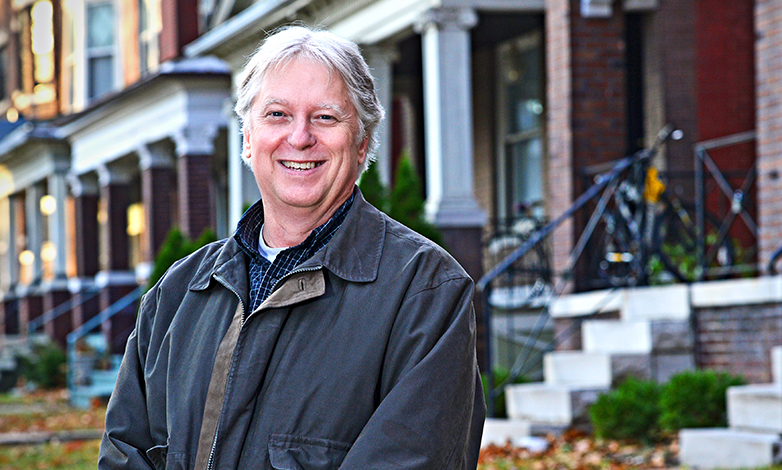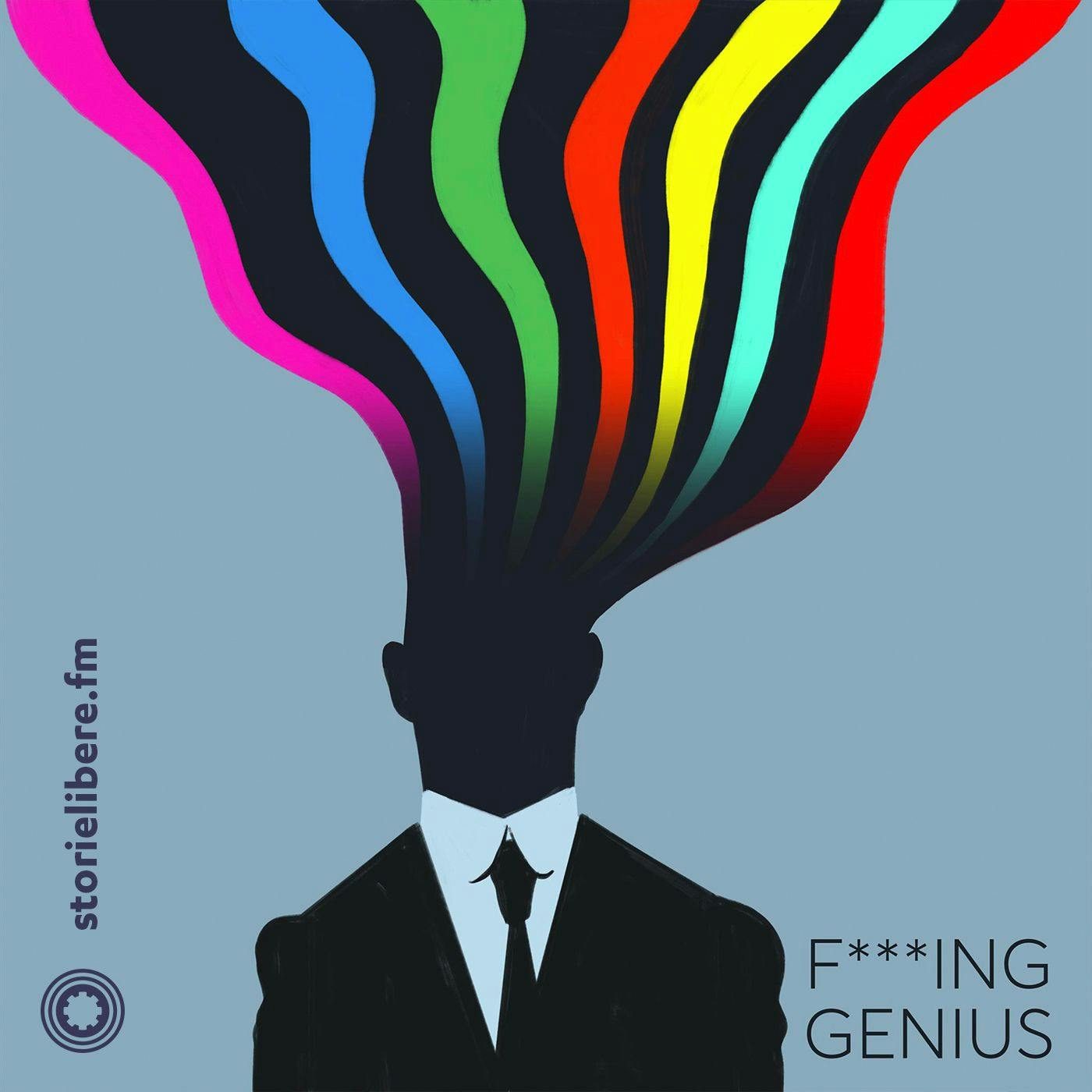Mark Rank, Washington University in St. Louis – Luck and Economic Success - The Academic Minute
Description
 Are you lucky?
Are you lucky?
Mark Rank, Herbert S. Hadley professor of social welfare at the Washington University in St. Louis, says if so, you may be in for a better future.
Mark Robert Rank is widely recognized as one of the foremost experts in the country on issues of poverty, inequality, and social justice. To date he has written 10 books on a range of subjects, including an exploration of the American Dream, a new understanding of poverty and inequality, and the role of luck and chance in shaping the course of our lives. His most recent book is entitled, The Random Factor: How Chance and Luck Profoundly Shape Our Lives and the World Around Us. In addition, he has published numerous articles in academic journals across a wide variety of fields.
Dr. Rank has received many awards over the years for his scholarship and books, and his research has been widely reported throughout the national and international news media. His work has been cited in major newspapers across the country, frequently in The New York Times and The Washington Post. He has also been featured in other media outlets including various programs on National Public Radio, NBC Nightly News, CNN, MSNBC, and many others. In addition, he has provided his research expertise to members of the U.S. Senate and House of Representatives, the White House, and many national organizations involved in issues of economic and social justice.
Luck and Economic Success
What shapes our economic fortunes? Perhaps what immediately comes to mind are things like skills, education, and experience. Demographics such as age and parent’s economic background might also be considered.
Yet surprisingly, these factors are only able to explain about 35 percent of the variance in earnings. In other words, two thirds of the differences in individual incomes remain unaccounted for.
What then is the rest of the story in terms of how well we do economically? It turns out that a significant part of the answer has to do with luck. Randomness and chance are instrumental in shaping both our career choices and earnings. Happenstance events such as chance meetings, missed telephone calls, being at the right place at the right time, and many more can influence why we find ourselves in a specific job with a specific income at a specific moment in time.
Take the case of who becomes wealthy. Research has demonstrated that the most talented people almost never reach the peaks of economic success, rather, the ones most likely to achieve these heights are those with more modest talents but who happen to catch a couple of lucky breaks. Likewise for those experiencing poverty. Instead of a lack of motivation or grit, much of poverty can be explained by the unlucky breaks that strike people over time such as a sudden health emergency or a factory shutting its doors.
These results splash quite of bit of cold water on the myth of meritocracy. Certainly talent and determination are important ingredients for success, but the evidence suggests that just as important is the role of luck.
So the next time somebody tells you that they deserve all the riches that have come their way, you might remind them to count their lucky stars.
The post Mark Rank, Washington University in St. Louis – Luck and Economic Success appeared first on The Academic Minute.




















